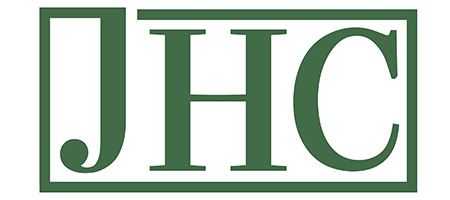Missing the tax deadline can be a stressful experience, but it’s not the end of the world. Whether you’re an individual filer or a business owner, knowing what happens next will help you take care of the situation while minimizing your financial consequences. If April 15 has already passed and you haven’t filed, you need to act immediately if you want to reduce your penalties. It’s also important if you want to avoid interest charges and stay compliant with IRS requirements.

The Consequences of Missing the Tax Deadline
If you mix the tax filing deadline, some issues can come up (depending on whether you owe taxes or expect a refund). If you owe taxes, the IRS may impose a Failure-to-File Penalty. It’s usually 5% of the unpaid taxes for each month (or part of a month) that your tax return is late, but this penalty can be up to 25%.
The IRS can also impose a Failure-to-Pay Penalty, which is 0.5% of your unpaid taxes per month. But it’s capped at 25%. It also grows in addition to the Failure-to-File Penalty. These penalties can add up quickly if you miss the filing and payment deadlines.
Other consequences for missing the tax deadline can include the following:
- Interest Charges — The IRS charges interest on unpaid taxes, and it starts from the day after the filing deadline. The interest compounds daily and continues to do so until the balance (including penalties) has been paid in full.
- Delayed Refunds — You won’t have to pay any penalties if you’re owed a refund and file late, but it may be delayed (which could affect your financial plans).
Missing a deadline even once can flag your account with the tax authorities, which could increase the amount of scrutiny around any future filings. For business owners, it could mean a higher risk of audits.
How to Address a Missed Tax Deadline
If you realized that you missed the tax deadline, you don’t need to panic. But you need to act as soon as possible, because you’ll be better able to mitigate the penalties and interest that can accumulate.
Here is a list of things you need to do if you miss the tax deadlines:
- File as soon as possible — Even if you can’t pay the full amount, filing your tax return as soon as possible will reduce your Failure-to-File Penalty.
- Pay what you can — Pay as much of the owed taxes as you can, because it will reduce the penalties and interest on the balance. The IRS has flexible options (such as payment plans) that can help taxpayers manage their balances. This can include a short-term payment plan (up to 120 days) or a long-term installment agreement.
- Request a penalty abatement — If it’s your first time missing a tax deadline, you can request a First-Time Penalty Abatement. This relief is given to taxpayers with a history of filing and paying on time. Contact the IRS to request this option, but you will need to file all past due returns and pay any outstanding taxes beforehand.
A tax professional (such as a CPA or enrolled agent) can help you negotiate with the IRS, set up a payment plan, and look at any penalty relief options for which you may qualify. They’re invaluable resources for businesses with complex filings or large balances.
How to Prevent Missing Tax Deadlines in the Future
If you don’t want to miss any more tax deadlines in the future, you’ll need to take an organized and proactive approach. Here are some tips that can help you:
- Mark Your Calendar — Keep track of any important tax deadlines (which are April 15 for personal taxes and March 15 for certain types of business filings). These dates might change in some years, so be sure to confirm the deadlines every year.
- File an Extension — If you’re not able to file your taxes by the deadline, you can request an extension by using Form 4868 (for individuals) or Form 7004 (for businesses). It will give you six extra months to file your return, but it doesn’t extend the deadline for any taxes you owe.
- Automate Your Payments — Set up automatic reminders or electronic payments to make sure you’re always on time with what you owe to the IRS and other state tax agencies.
If you’re looking for a CPA in Corpus Christi to help you manage your tax filing and payments, be sure to reach out to Jennings & Hawley.
